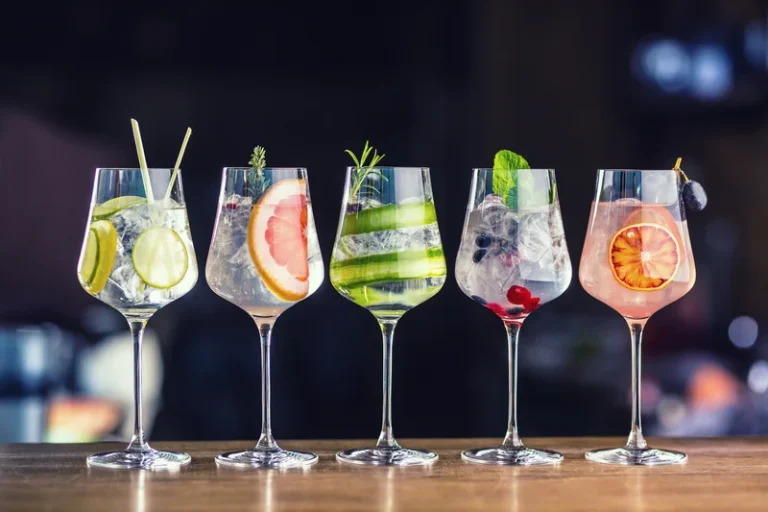Beer Allergy: Symptoms, Causes, and Treatment

Those who have an allergy, however, could have serious reactions if they consume something they are allergic to. People with mold or yeast allergies may have an allergic reaction to the brewer’s yeast used to make fermented beverages like beer, wine, and hard cider. Distilling a drink usually removes any naturally occurring yeast or yeast by-products from the liquid. Because of this, distilled spirits are generally safe for people with yeast allergies. Purchase the same tests your doctor orders and get insights into your health. Our convenient allergy tests can measure your immune response to common allergies found in the air, in foods and with pets.

Hola Health App

A food (or drink) intolerance is different from a food allergy in that intolerance is not mediated by the the immune system protein IgE. Since alcohol products originate from various sources, you may be intolerant to one kind of alcohol and not another. These include proteins, enzymes, dairy products, molds, and ingredients used in the production of wine. While an intolerance can lead to uncomfortable symptoms, with an allergy, there is a chance anaphylaxis, a life-threatening reaction, can occur. Another type of allergen, lipid transfer protein (LTP), is found in fruits, vegetables, nuts, seeds and allergies after drinking alcohol cereals, and can also be present in some alcoholic drinks.
What Is Celiac Disease?

Always seek the guidance of your doctor or other qualified health professional with any questions you may have regarding your health or a medical condition. For severe allergies, avoid the allergen completely, and always carry your EpiPen with you in case of an emergency. A sign that you may have an intolerance is that you have symptoms no matter what type of alcohol you drink. Your symptoms can also be due to an interaction between beer or alcohol and any medication you’re taking. Be sure to tell your doctor if you’re taking any medications or supplements.
- Normal immune function hinges on bidirectional communication of immune cells with nonimmune cells at the local level, as well as crosstalk between the brain and the periphery.
- Depending on your symptoms, they might refer you to an allergist for testing and treatment.
- A large number of antibodies may signal that you have an allergy.
Everything You Need to Know About a Beer Allergy
Sudden onset of symptoms may also be caused by a newly developed intolerance. In rare cases, pain after drinking alcohol might be a sign that you have Hodgkin’s lymphoma. If you have a true alcohol allergy, even small amounts of alcohol can cause symptoms. In some cases, reactions can be triggered by a true allergy to a grain such as corn, wheat or rye or to another substance in alcoholic beverages.
- If symptoms are getting worse, you have swelling, or you have breathing trouble, go to an ER.
- Consulting a healthcare provider can help determine the cause.
- We will also look at what causes alcohol allergies and review the differences between alcohol allergy and intolerance.
- Sulfites are commonly used as preservatives in wine and can induce respiratory symptoms, skin reactions, and headaches.
- If you experience these symptoms, you should seek immediate medical attention.
If you feel ill after drinking alcohol but don’t experience symptoms at any other time, it’s possible that you have an alcohol intolerance. The many ingredients in beer make an allergy to one of the specific ingredients more likely. You may also have a food sensitivity rather than an allergy. While rare, yeast allergy can cause an allergic reaction in some people. In some people, intolerance or allergy to alcohol can also result in uncomfortable or even dangerous symptoms.
- If drinking alcohol—also known as ethanol—gives you food allergy symptoms such as flushing or hives, you may have an intolerance to alcohol.
- It’s possible to develop an alcohol allergy at any point in your life.
- In contrast, an alcohol allergy could become life threatening.
- That’s because beer contains histamine, produced during fermentation (yeast converts sugars to alcohol).
- Alcohol is toxic and must be converted by the body into non-toxic substances.
